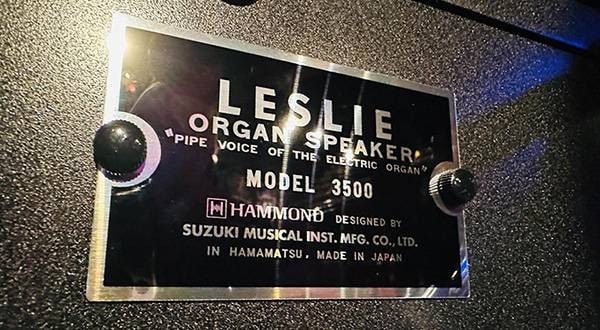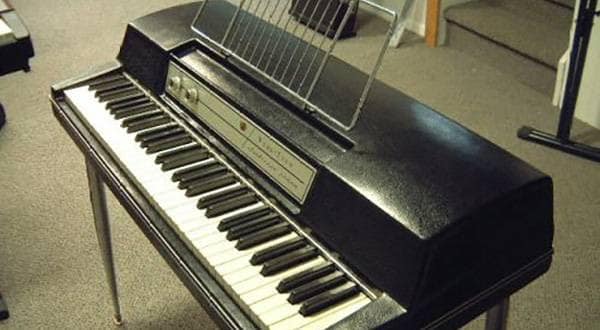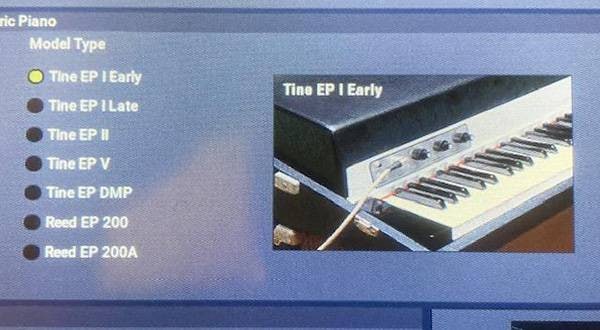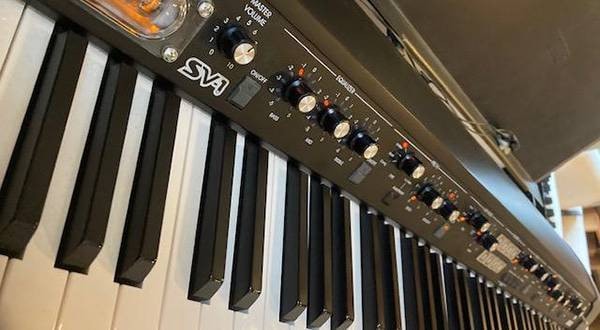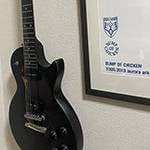
There are two types of human consciousness: "explicit consciousness (conscious)" and "subconscious".
These two types of consciousness are likened to "icebergs floating in the sea".
The part protruding from the surface of the water is the "explicit consciousness", and the part hidden below the surface of the waterline is the "subconscious".
"Awareness of manifestation" is the consciousness when a person thinks with reason. In other words, it is the area of consciousness that I think "I’ll do this" in my head.
The "subconscious" is an area that you cannot perceive. It is something that you are thinking and acting subconsciously based on your thoughts and experiences in the past.
As you can see in the iceberg metaphor, the subconscious mind is overwhelmingly larger, accounting for about 90% of total consciousness.
Playing an instrument "needs to borrow subconscious power"
When playing live in concerts or recording, it's natural to think that "next I’ll move this part of the body..." and "I’ll hit this phrase in the next verse..."
Unlike when practicing, there are many things that you can feel during the actual performance other than your own performance, such as the air and temperature of the venue, the groove with the members who are playing together, and the facial expressions of the audience.br /> If you think only about your own phrase while playing, things will not work well as an ensemble.
"Subconscious power" is indispensable to get "into the music" during a performance.
4 stages of utilization of the "subconsciousness" to "automate" and "habitualize"
Repetitive practice is indispensable for learning an instrument.
Even when riding a bicycle, by losing balance and sometimes falling and practicing many times, you will eventually be able to ride "subconsciously" without having a constant awareness of the handlebars or pedals.
When you are practicing a musical instrument, if you can judge "how much you can do now", you will know how much you should practice.
So how can we move from being conscious to being subconscious?
When practicing, divide it into four stages and do a self-check to see which stage you are in.
◎ [First stage] Subconscious / incompetent
I'm not conscious of anything and I can't do anything. The stage when I started practicing riding a bicycle.
◎[Second stage] Consciousness and incompetent
I practice consciously, but I can't. I ride a bicycle, but I lose my balance and cannot ride well.
◎[Third stage] Conscious and competent
You can do it if you are conscious of it. At the stage where you can ride if you concentrate on how to use the handlebar and pedals.
◎[4th stage] Subconscious and competent
A state where you can do it subconsciously. The stage where you are riding a bicycle while playing with your smartphone. (Don't do this!)
There are two types of memory: "short-term memory" and "long-term memory".
((You are not the only one who has a bad memory! Memory and practice methods!))
The first to third stages can be called "short-term memory".
In other words, the state of "you can do it if you are conscious of it" means "you can't do it if you are not conscious of it", and you may forget it after a while.
If you can't feel your progress, you may be satisfied with the feeling that you've done it in the third stage.
If you reach the third stage, there is a high risk that you will make a mistake in a phrase, make a mistake in the composition of the song, or make an unexpected mistake of some other kind.
◎ Practice method to enter the 4th stage
I am a drum teacher. In my drum lessons, I recommend "practice while counting with your mouth" as a good way to confirm for yourself that you have entered the [4th stage].
Counting "One! Two! Three! Four!" in a loud voice is suitable for those who are counting consciously, so phrases that are actually struck by moving limbs cannot be counted well unless they are subconscious. Hmm.
It is also effective to practice while singing the melody of parts other than your own (vocals, guitar, bass, etc.).
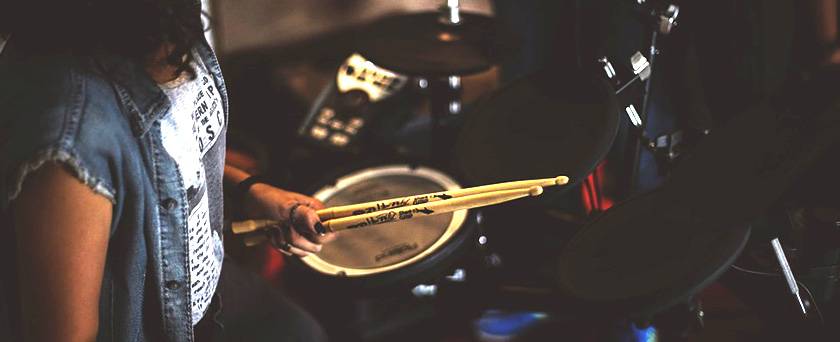
"Subconscious" to make your dreams come true
There is something called "selective attention" in cognitive psychology.
Selective attention is to select and pay attention to only the information that is recognized as important to you.
For example, if you think "I want to go to a session", you may see event information on social media or information from friends.
When I think "I want a drum set!", I can see a picture of the drum set.
These are things that I usually see and hear on social media timelines, but by using "selective attention", I recognize that I was not usually aware of it.
Humans process information by receiving information about what they are interested in and what is important to them.
In other words, by strongly thinking "I want to do it!" for what I want to do, the brain judges that it is important, and uses selective attention to find information that is important to you./p>
The effect of belief
Life will be the result you strongly envisioned.
This is because what you think becomes a "habit" and an "action."
The so-called "reasons for not being good at something" such as "I have no talent", "I am old and have a bad memory", "Japanese people do not have a sense of rhythm", and "It is impossible to succeed with music" are "changing precedents". It would be nice to change that to the positive energy of "I'll do it!" But when I think "It's difficult to succeed with music," the brain says, "Then let's stop such dangerous thoughts."
If you do so, you will unknowingly apply the brake, and it will be difficult for you to notice the chances and encounters that you have in your daily life to succeed.
When you strongly think, "I’ll succeed in music!", the brain subconsciously works to fulfill that wish.
Since the antenna to catch such information is set up, you will be able to react sensitively to information that you did not care about previously, whether you are watching TV, browsing social media, or reading advertisements on the train.
And if you act positively, more people will be interested in you.
The people you meet will change, and your network will expand, and you may be asked, "Why don't you do this kind of work?"
The beliefs of "I can't" and "I can".
Depending on which one you think strongly, your habits and behavior will change, and your results will change.

Thinking training. Try changing the position of "But"
"I want to go on a trip, but I don't have the money."
"I want to be in a band, but I don't have the time."
"I want to succeed in music, but I'm not young anymore."
"I want to take part in a big event, but I don't have any connections."
When you try to start something, you’ll find a reason why you can't do it.
Humans have a "comfort zone".
This is a reassuring mental area where people do not feel anxiety, and humans have a habit of not leaving their comfortable zone, such as "doing the same work as yesterday" and "being in the same relationship as yesterday" unless there is a special reason.
This is like a "territory" in animal terms, and getting out of the territory takes you to a dangerous territory.
Making a drastic change will get you out of the "comfort area", so noradrenaline will be secreted, anxiety and fear will increase, and you will tend to feel "want to stop" or "want to escape".
However, if you do not get out of your comfort sone and take on challenges, you will not grow.
If you come up with a reason why you can't do it, try rephrasing it like this.
"I don't have the money, but I want to go on an overseas trip!"
"I don't have the time, but I want to band!"
"I'm not young anymore, but I want to succeed in music!"
"I don't have any connections, but I want to take part in a big event!"
As I mentioned earlier, what you think is an action, so if you make a habit of "I don't have XX, but I want to do it!", the probability that your wish will come true will be much higher.
In the end
"I'm having a hard time improving on my instrument." "My dreams don't come true." Maybe it's because I'm acting "subconsciously" to make it so.
If you act for the time being, you may figure out how to do it, see the ways to your goal, and make your dreams come true.
Unsubstantiated "unfounded self-confidence" is the ridiculous energy that makes you realize what you want to do.






